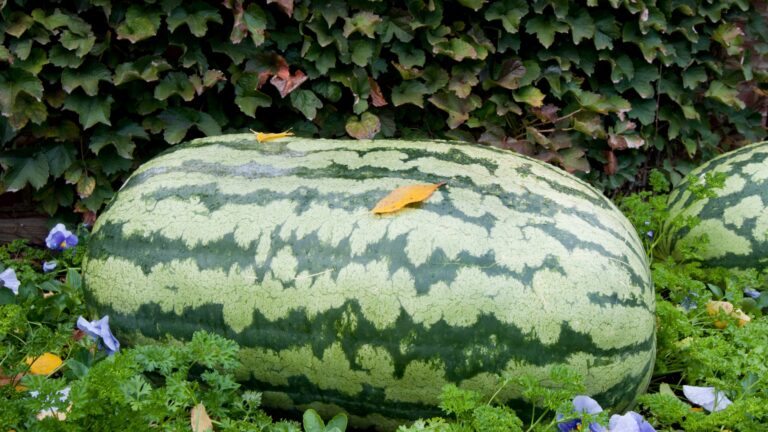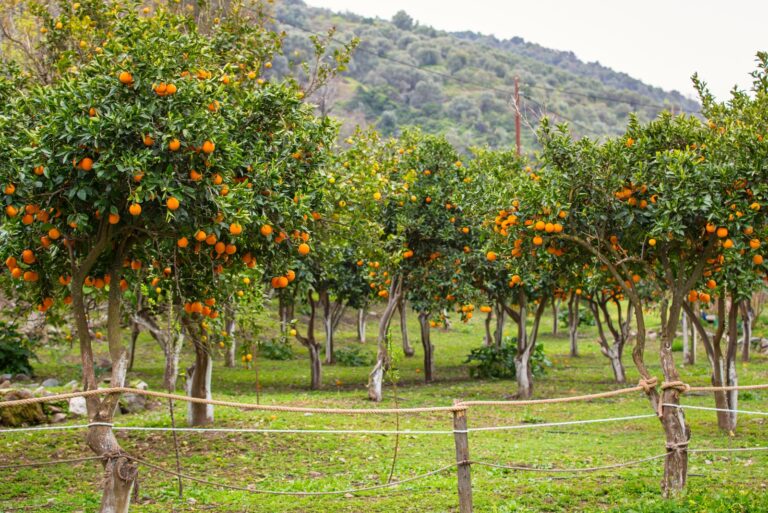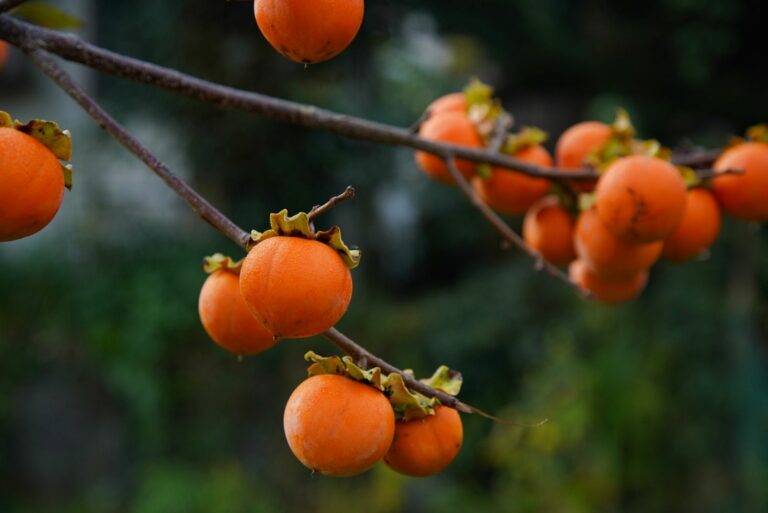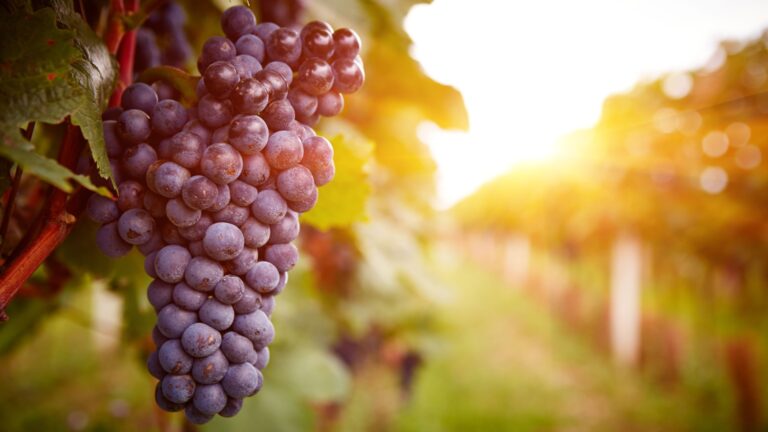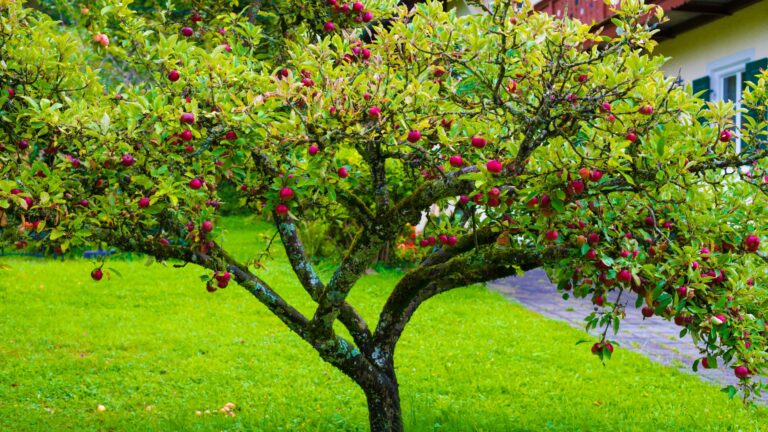7 Common Reasons Fruits Never Ripen On Trees In Georgia Gardens
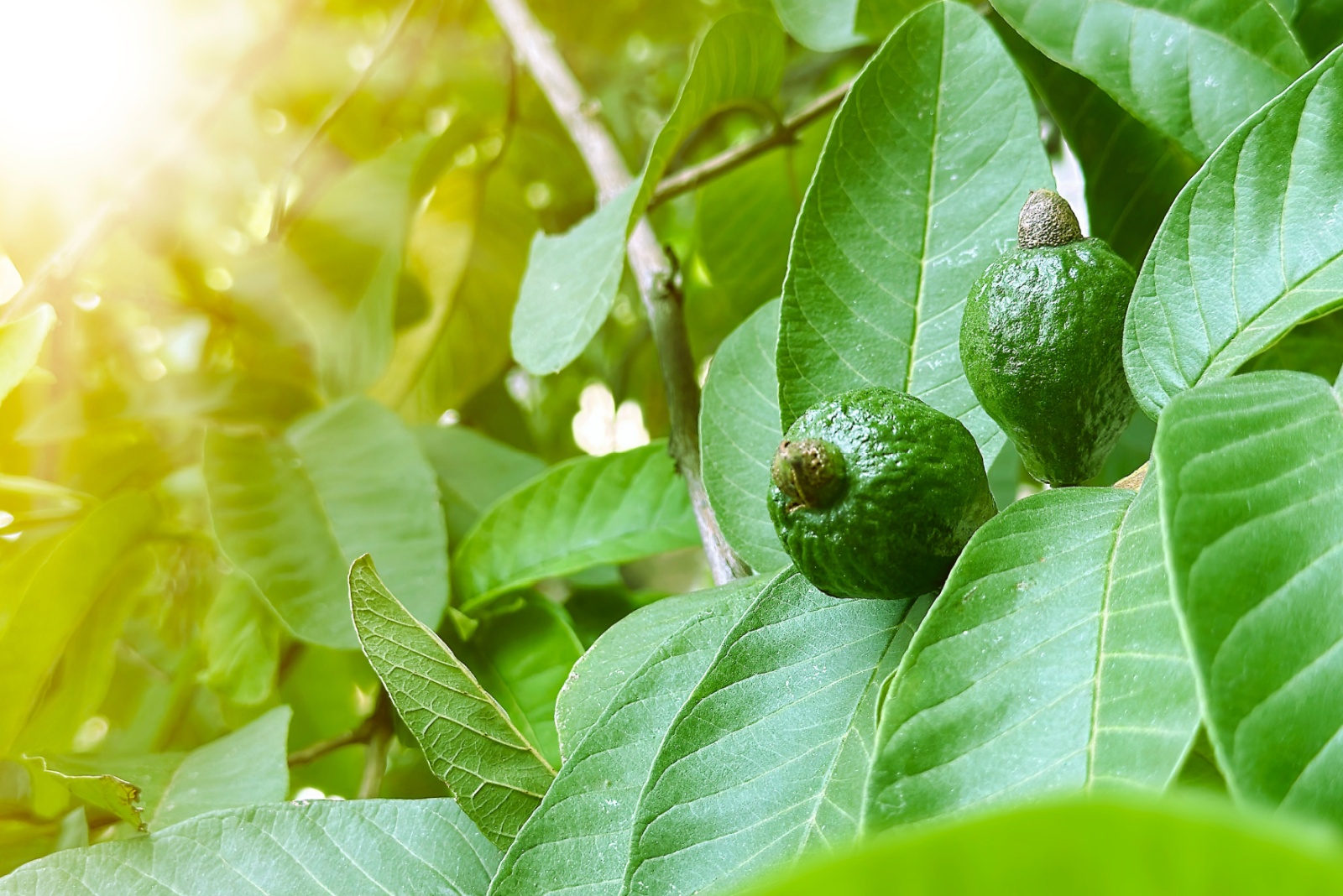
Growing fruit trees in Georgia sounds like a dream come true, but sometimes those peaches, apples, or plums just won’t ripen properly.
Many gardeners face this frustrating problem year after year without understanding why. Learning what stops fruit from ripening can help you enjoy a bountiful harvest instead of disappointment.
1. Wrong Variety For Georgia’s Climate
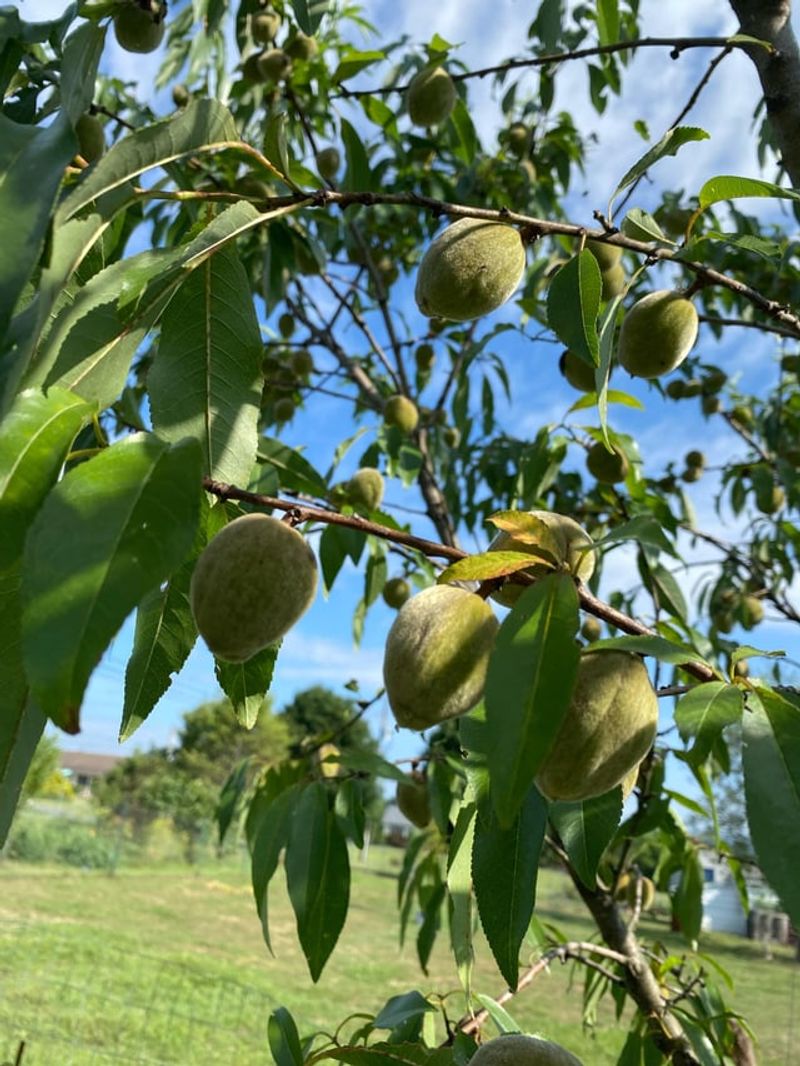
Picking a fruit tree variety that doesn’t match Georgia’s growing conditions sets you up for failure from the start. Some apple and pear varieties need much colder winters than Georgia provides to produce quality fruit.
Peaches and plums also have specific chill-hour requirements that must be met. When trees don’t get enough cold weather during winter dormancy, they struggle to set fruit or the fruit never fully develops.
Always choose varieties bred specifically for the Southeast’s warmer climate and shorter winters.
2. Insufficient Sunlight Exposure
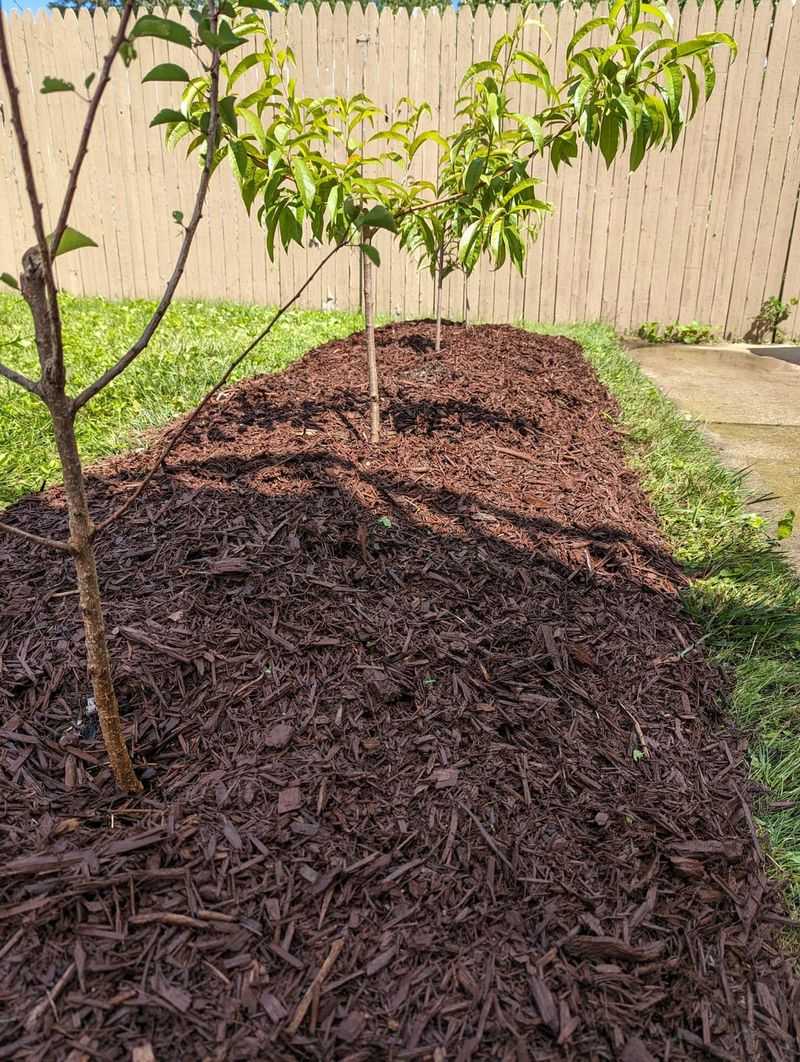
Fruit trees are sun-loving plants that demand at least six to eight hours of direct sunlight daily. Shade from buildings, fences, or larger trees can prevent fruits from developing their natural sugars and colors.
Without adequate light, the ripening process simply stalls, leaving you with hard, sour fruit. Even partial shade during critical afternoon hours can make a huge difference in harvest quality.
Consider pruning nearby trees or relocating young fruit trees to sunnier spots for better results.
3. Nutrient Imbalances In Soil
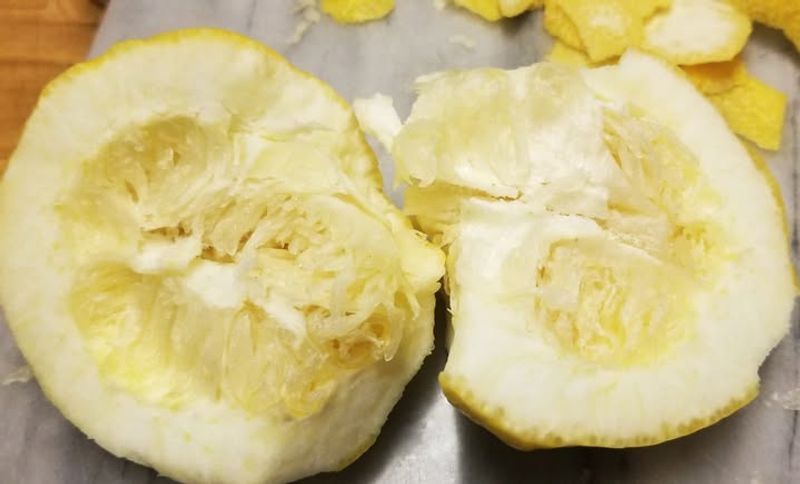
Georgia’s famous red clay soil often lacks essential nutrients that fruit trees need for proper fruit development. Too much nitrogen encourages leafy growth but prevents fruit from ripening correctly.
Meanwhile, deficiencies in phosphorus, potassium, or micronutrients like boron can stop the ripening process entirely. Yellowing leaves, stunted fruit, or premature fruit drop are telltale signs of nutrient problems.
Getting a soil test done helps you understand exactly what amendments your trees need for healthy, ripe fruit production.
4. Improper Watering Practices
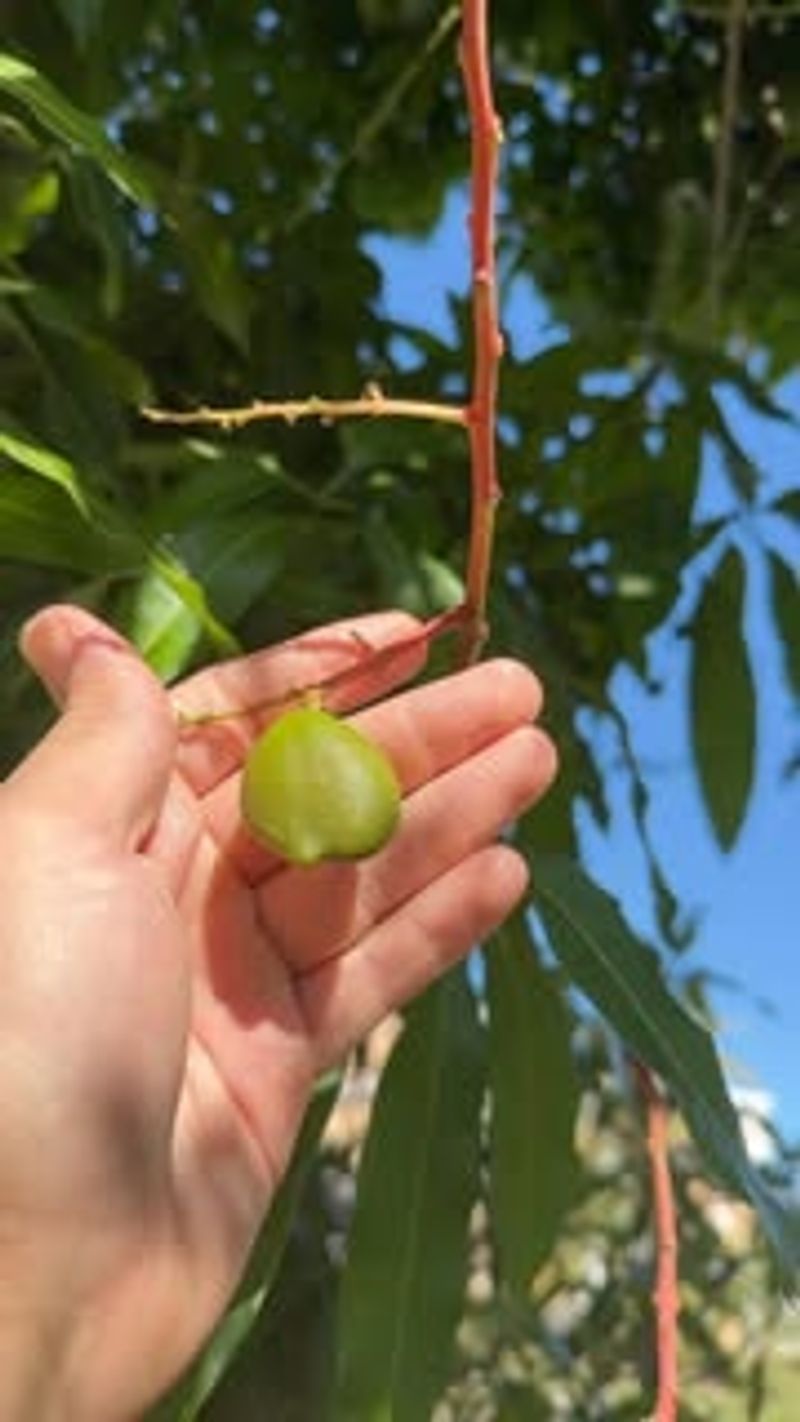
Water stress during fruit development can halt ripening and cause fruits to stay hard and tasteless. Georgia’s hot, humid summers require consistent watering, especially during drought periods that seem to pop up unexpectedly.
Both overwatering and underwatering create problems, with soggy roots causing root rot and dry conditions triggering premature fruit drop. Fruits need steady moisture to develop sugars and soften properly during their final growth stages.
Deep watering once or twice weekly works better than frequent shallow watering.
5. Pest And Disease Damage
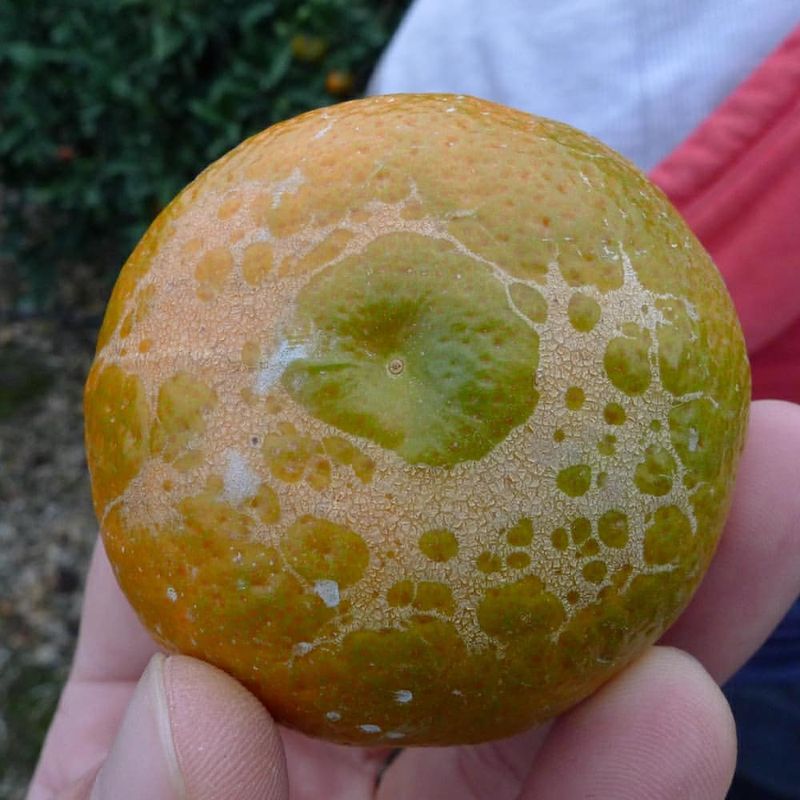
Insects like plum curculio, oriental fruit moths, and stink bugs can ruin fruit before it ever ripens. These pests damage developing fruits, causing them to drop early or stay hard and misshapen on the branch.
Fungal diseases such as brown rot and scab also prevent proper ripening by attacking fruit surfaces and internal tissues. Infected fruits often develop spots, rot, or simply refuse to soften and sweeten.
Regular monitoring and organic pest management strategies help protect your harvest from these destructive invaders.
6. Late Spring Frost Injury
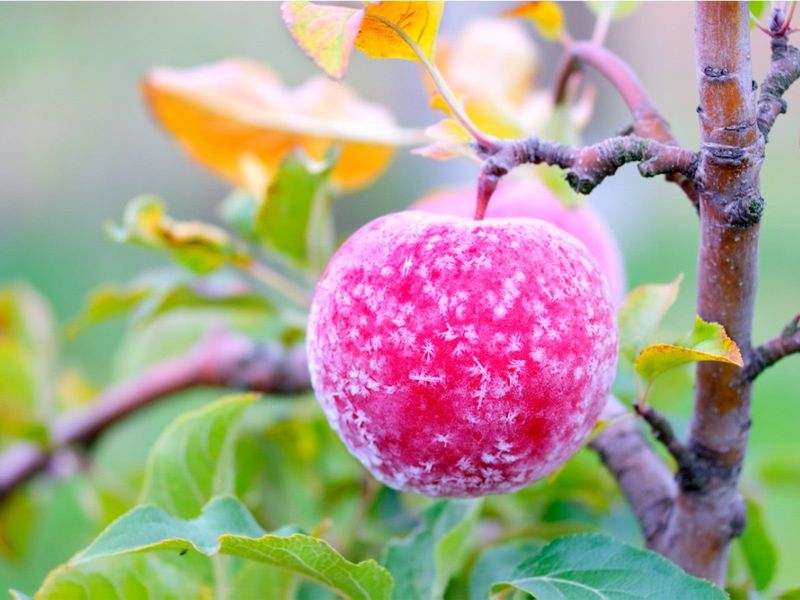
Georgia’s unpredictable spring weather can deliver killing frosts after fruit trees have already bloomed and set tiny fruits. Even a single night of freezing temperatures can damage flower parts or young fruits invisibly.
Damaged fruits may stay on the tree but never develop properly, remaining small, hard, and unable to ripen. Sometimes the damage isn’t obvious until weeks later when you realize the fruit just isn’t progressing.
Covering trees during unexpected cold snaps or choosing late-blooming varieties helps avoid this heartbreaking problem.
7. Overcrowded Fruit Load
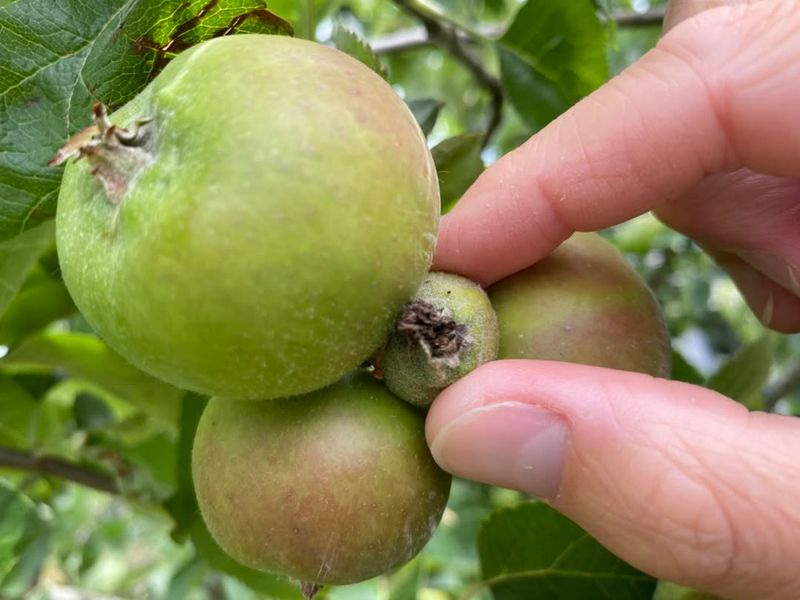
When trees produce way too many fruits, they can’t supply enough energy and nutrients for all of them to ripen properly. Overcrowding forces the tree to spread its resources too thin, resulting in lots of small, hard, flavorless fruits.
Thinning fruits early in the season allows the remaining ones to grow larger and ripen completely. Most fruit trees benefit from removing excess fruits when they’re still marble-sized, leaving proper spacing between each one.
Though it feels wasteful, thinning actually increases your harvest quality dramatically.

